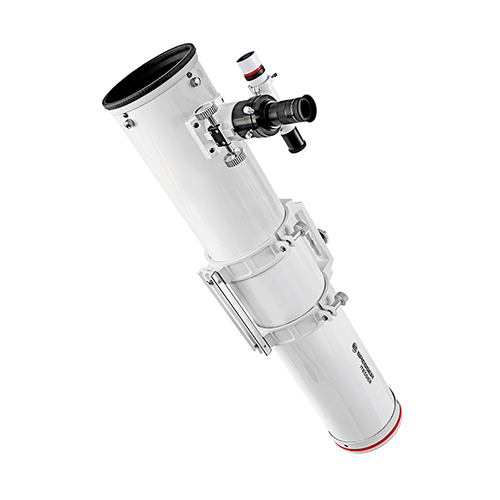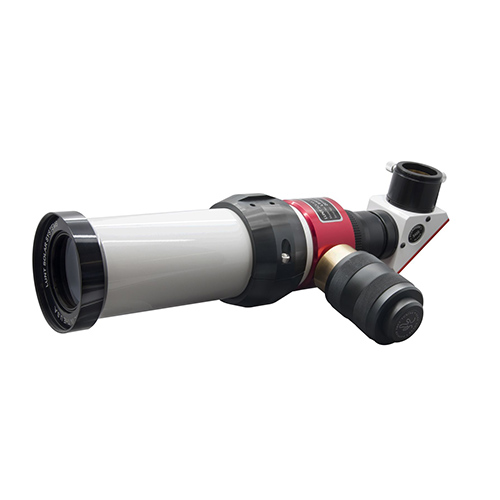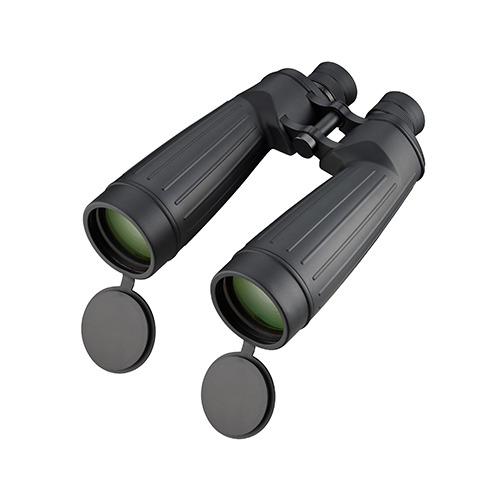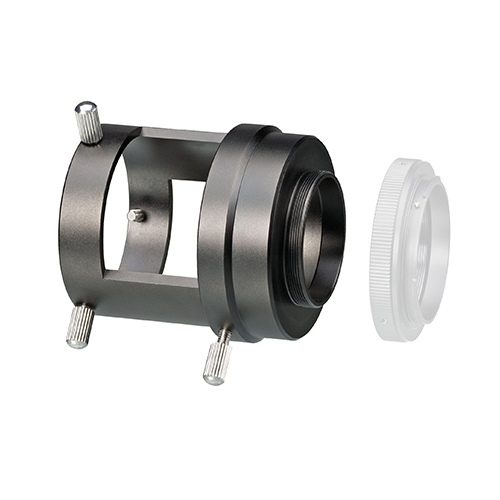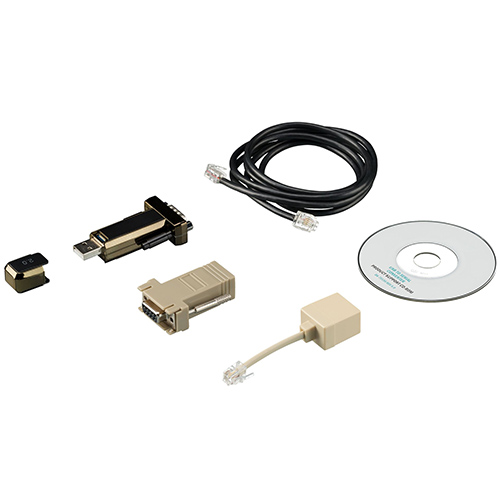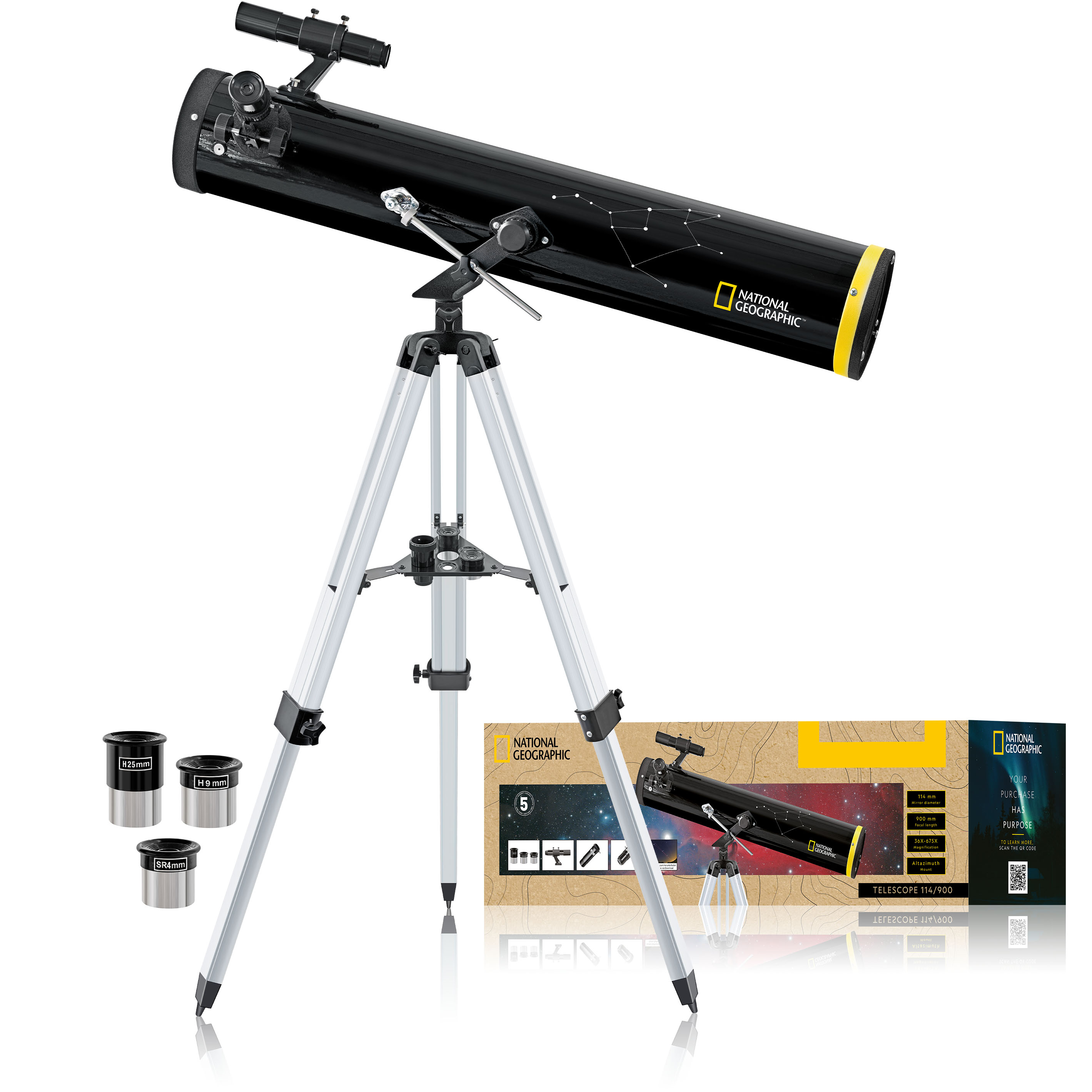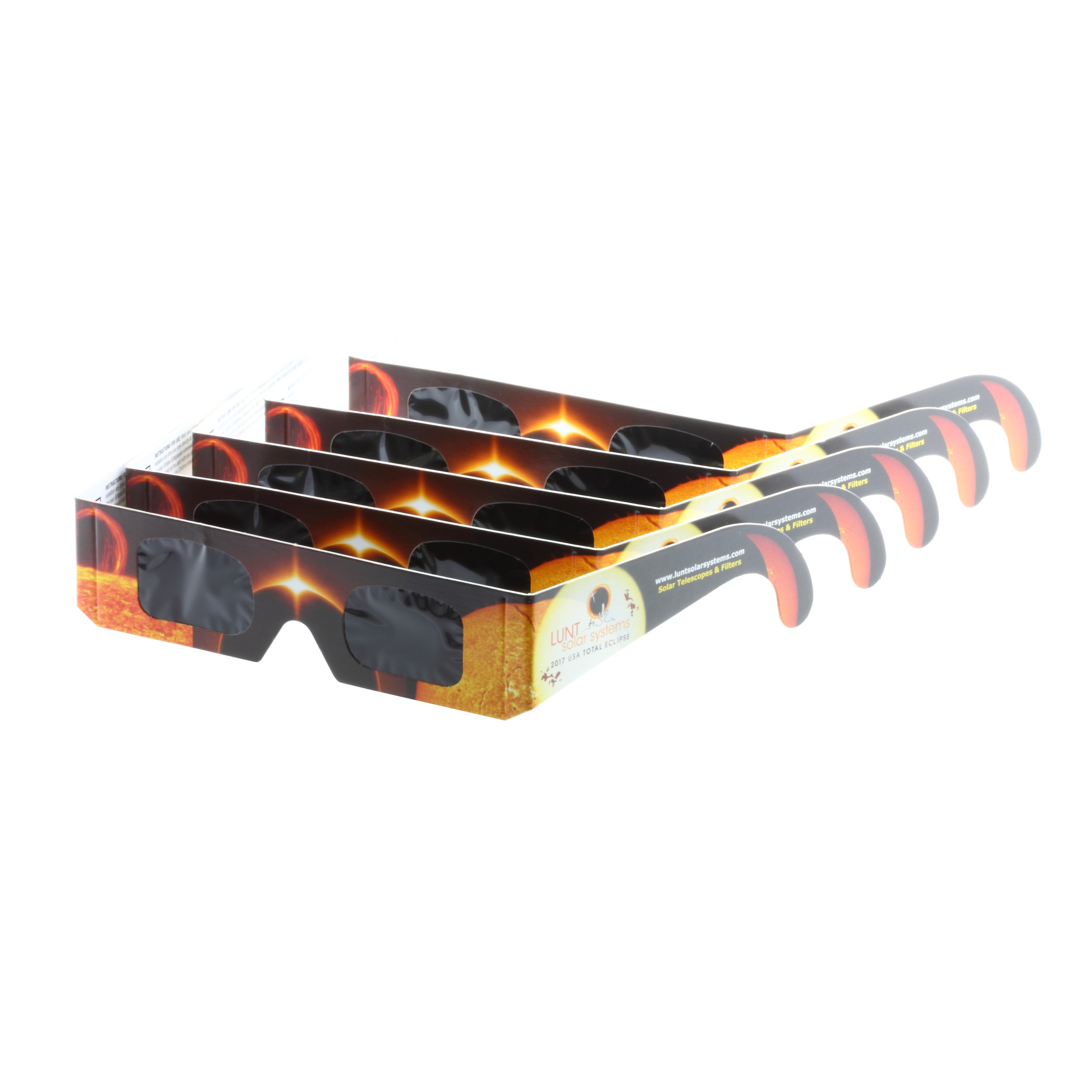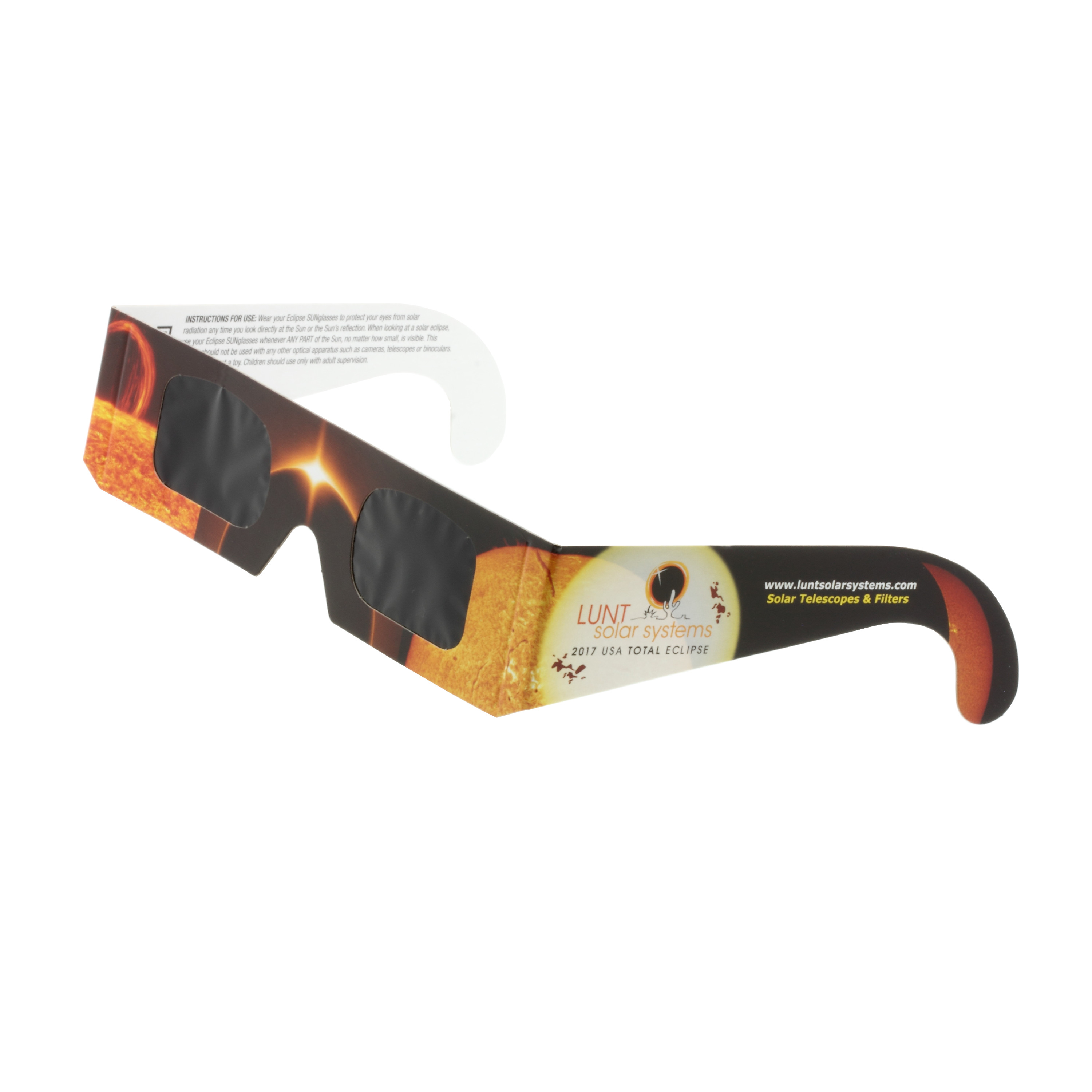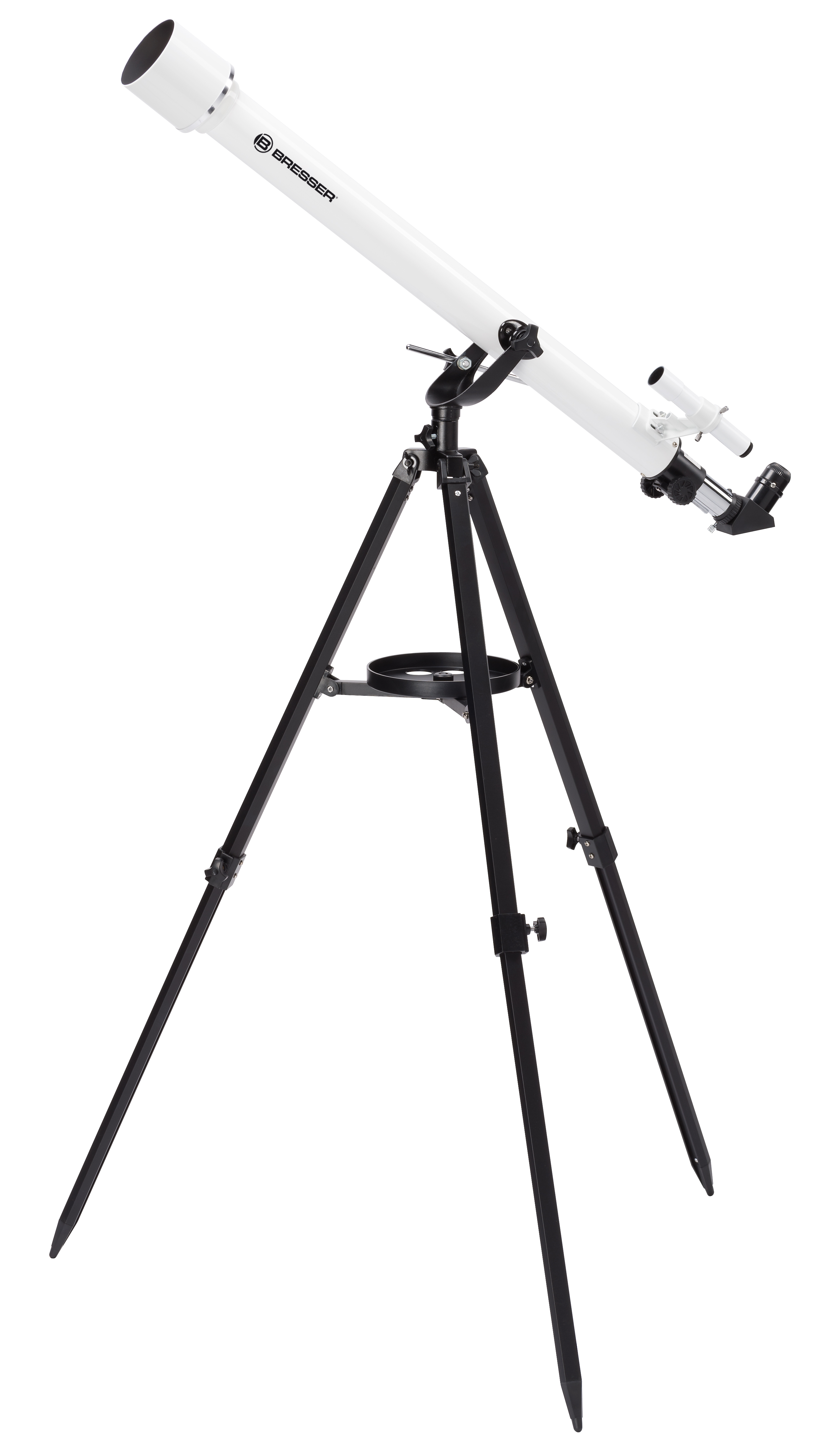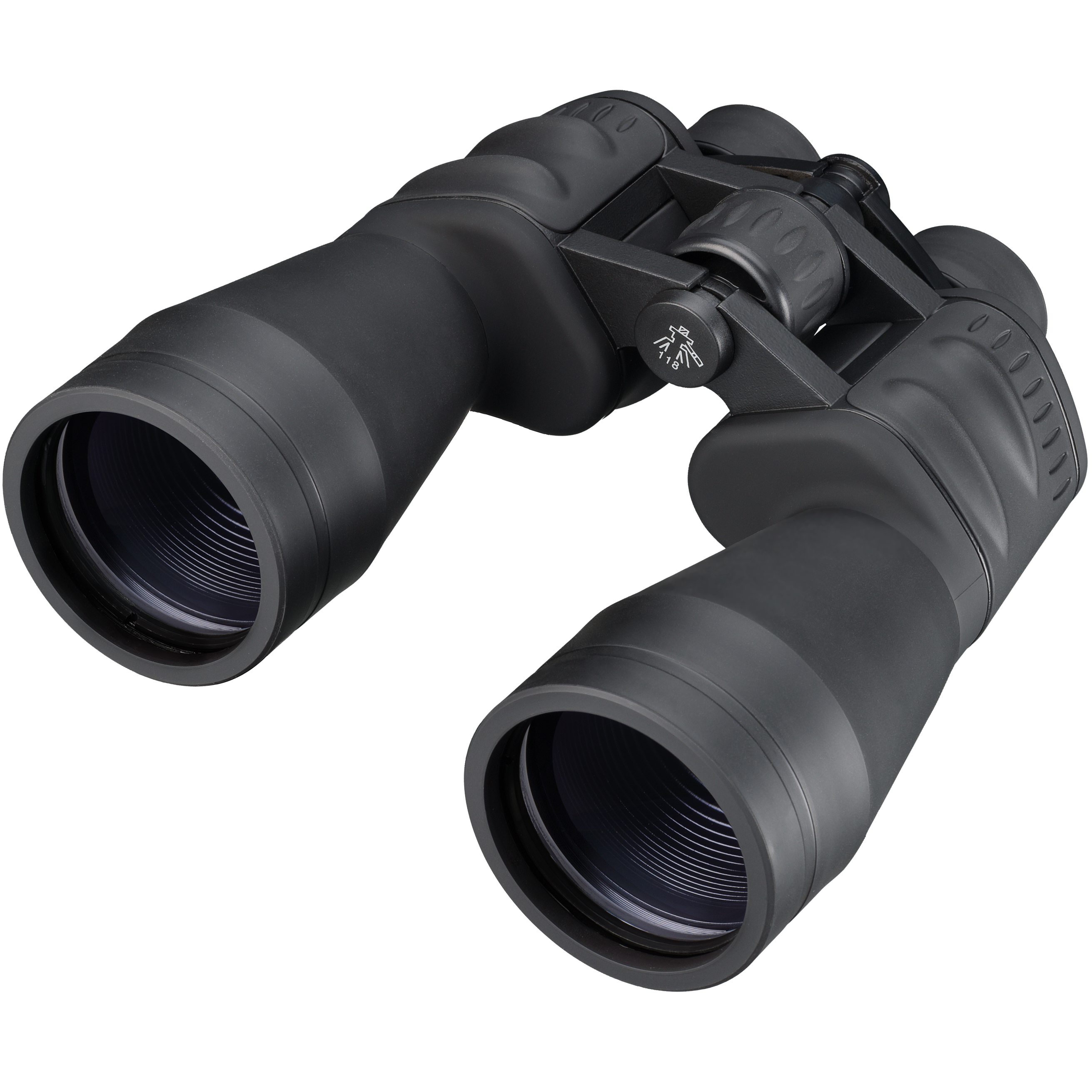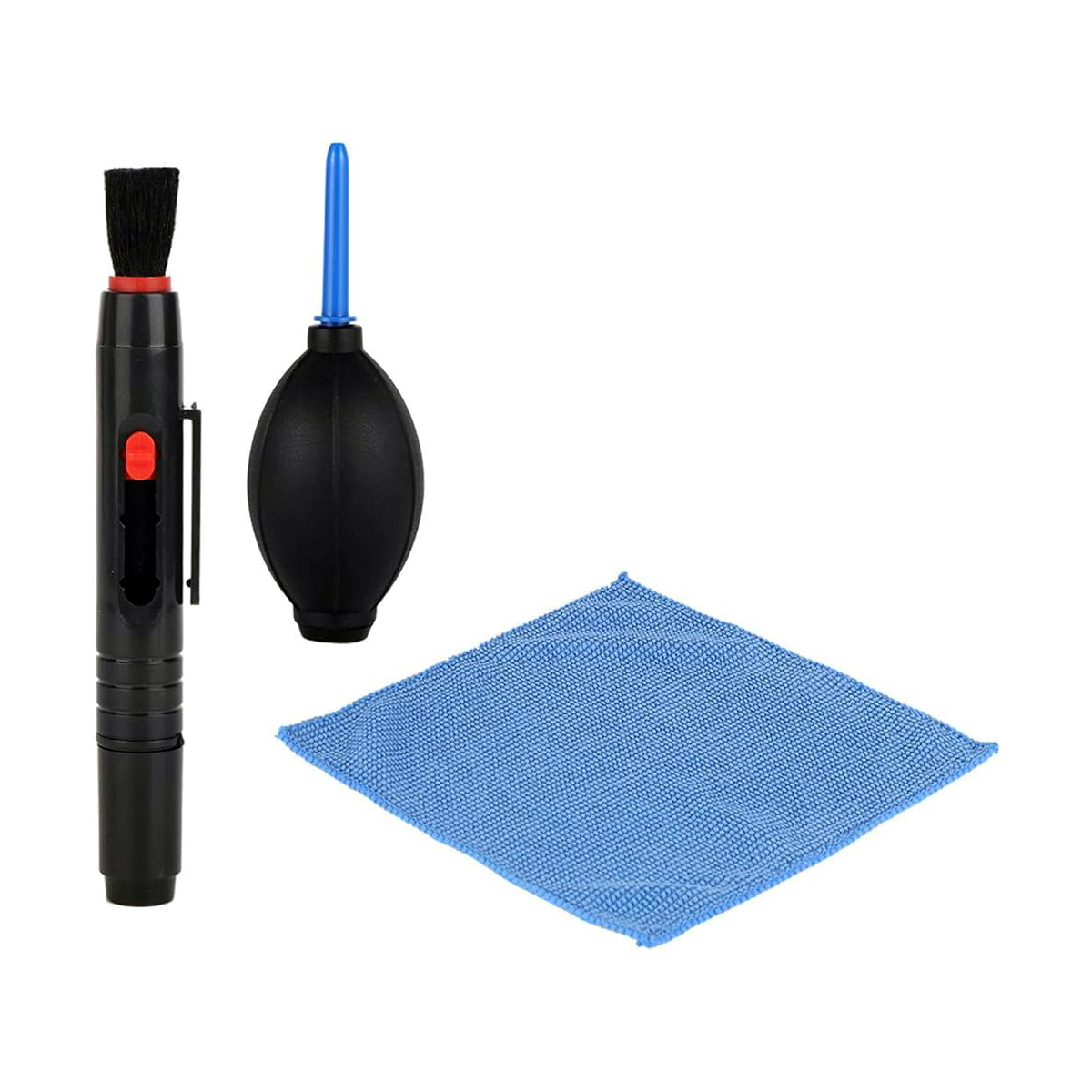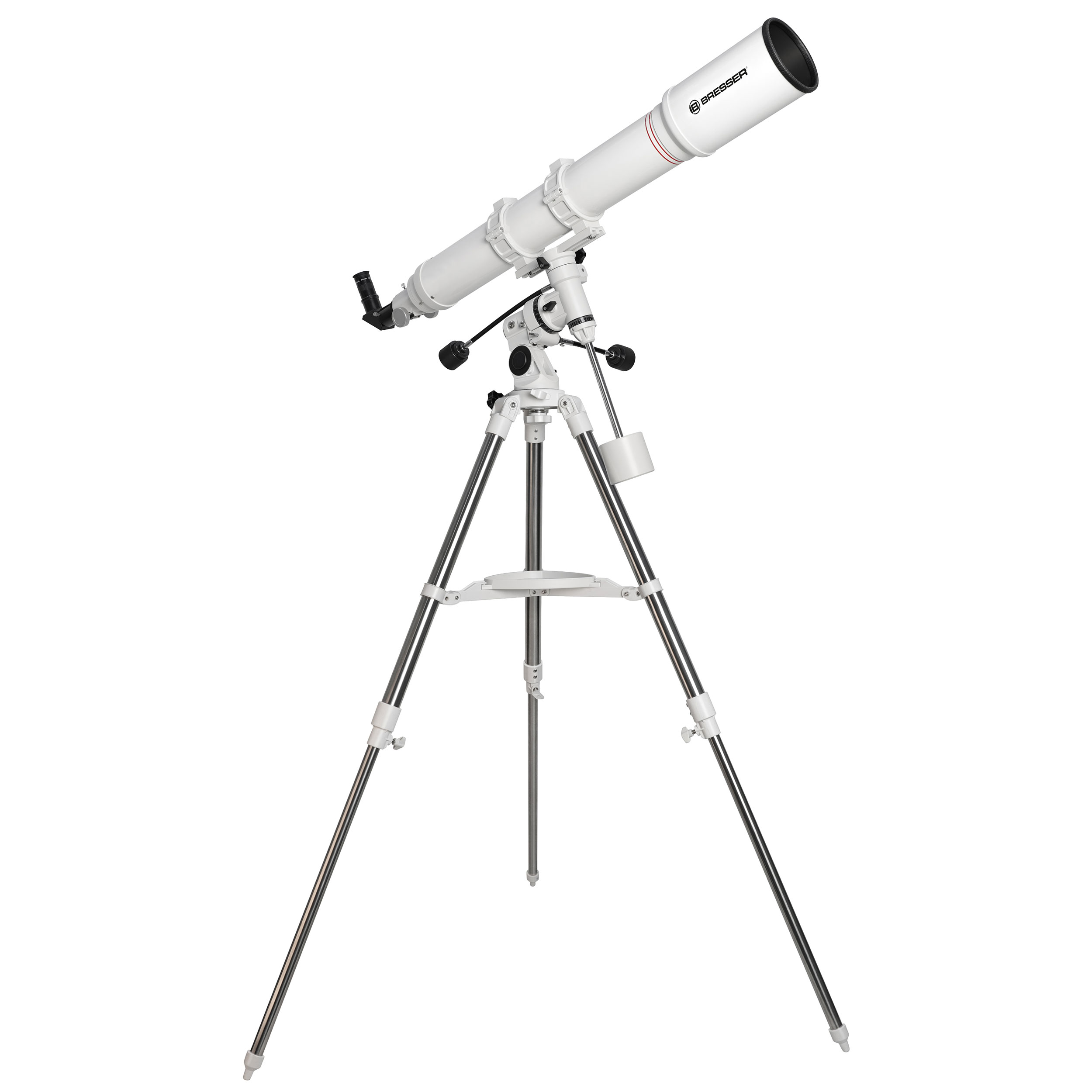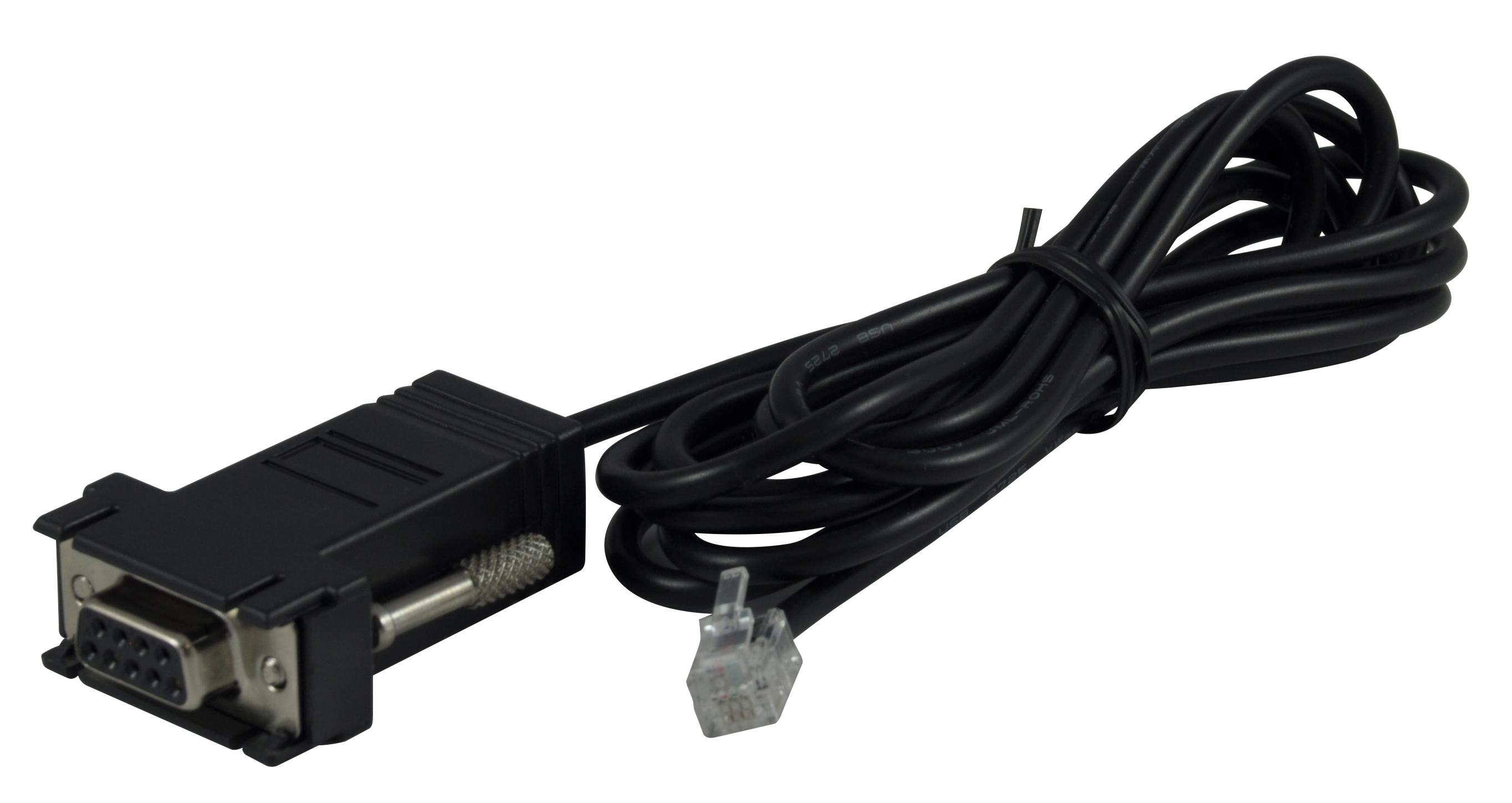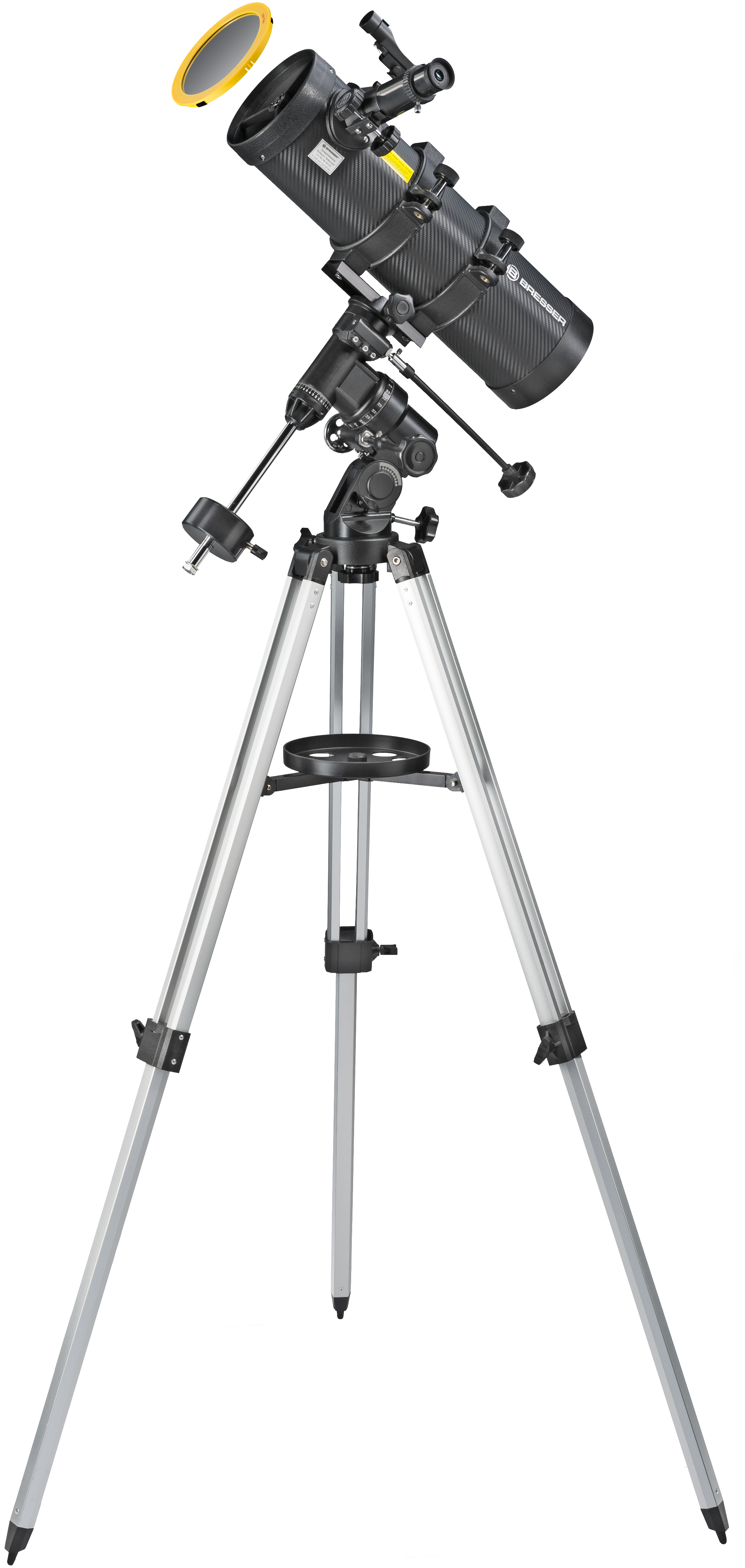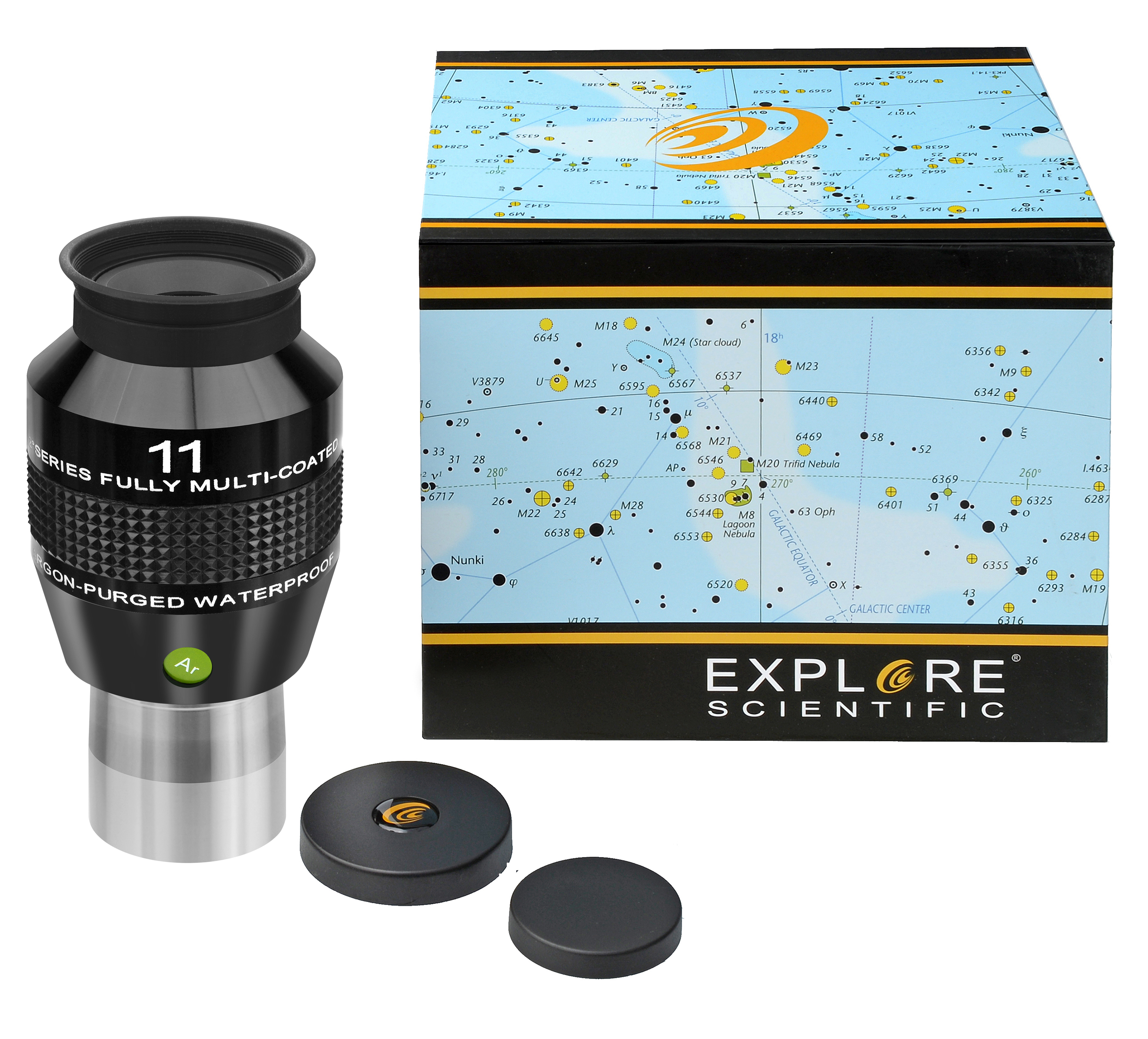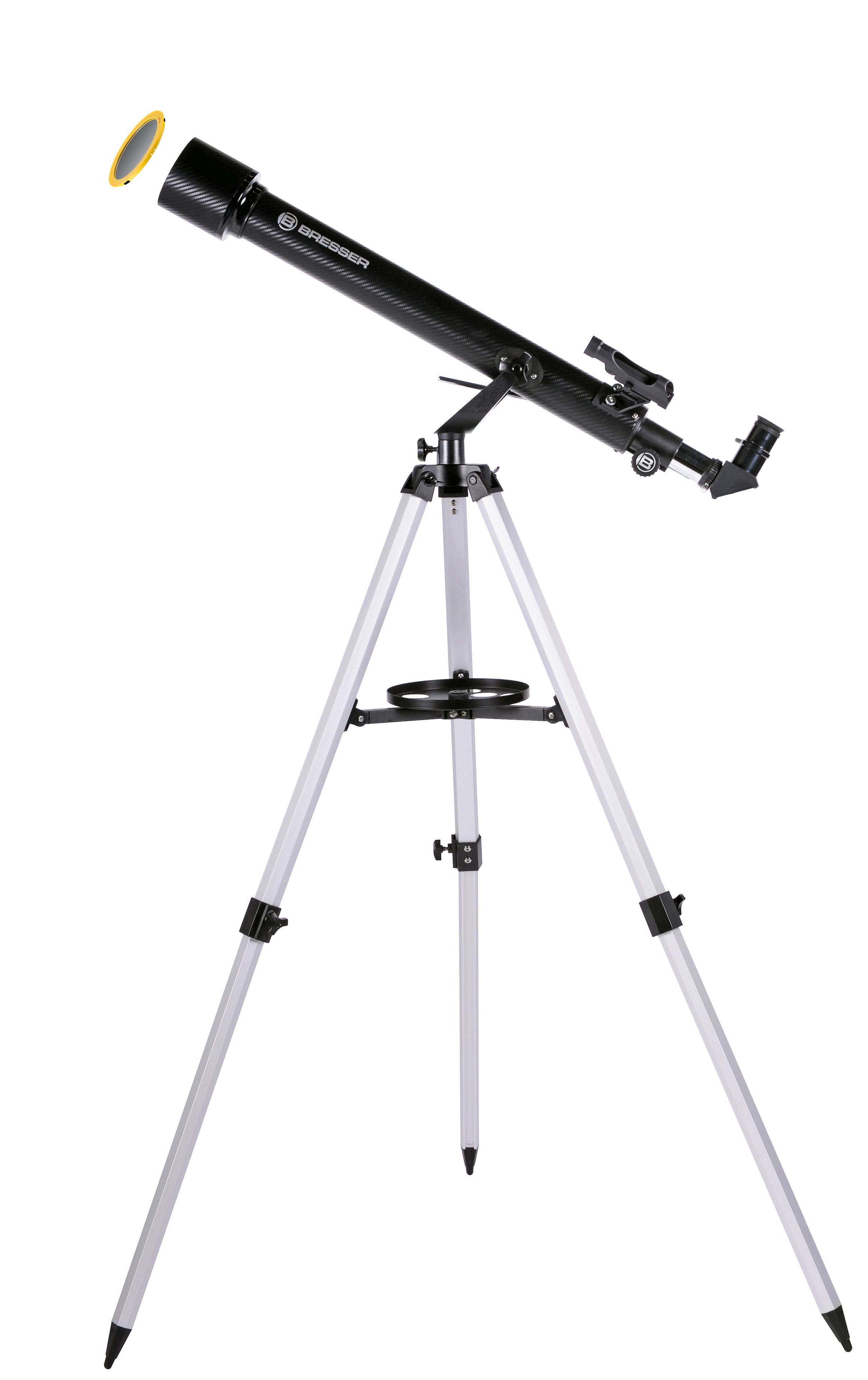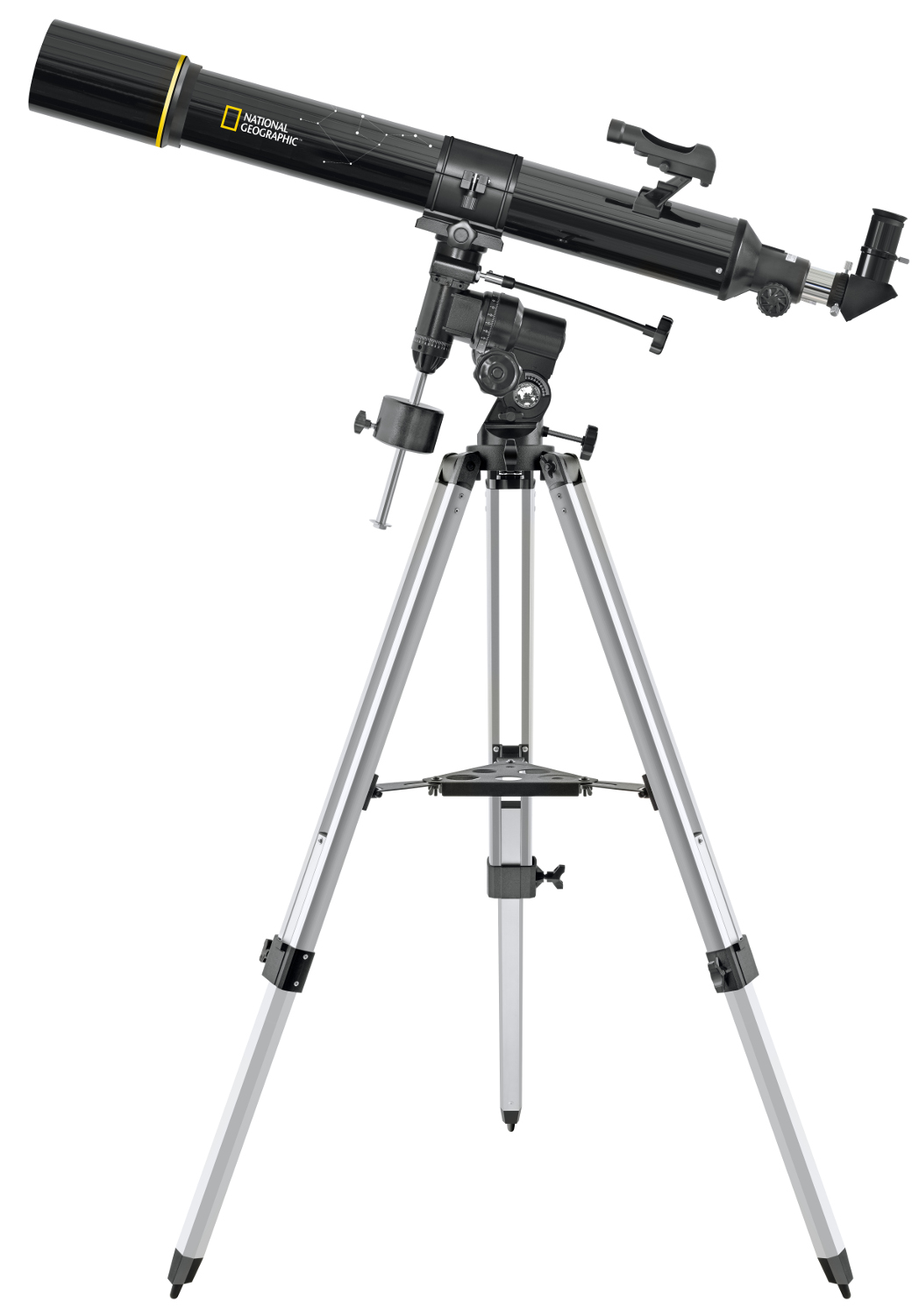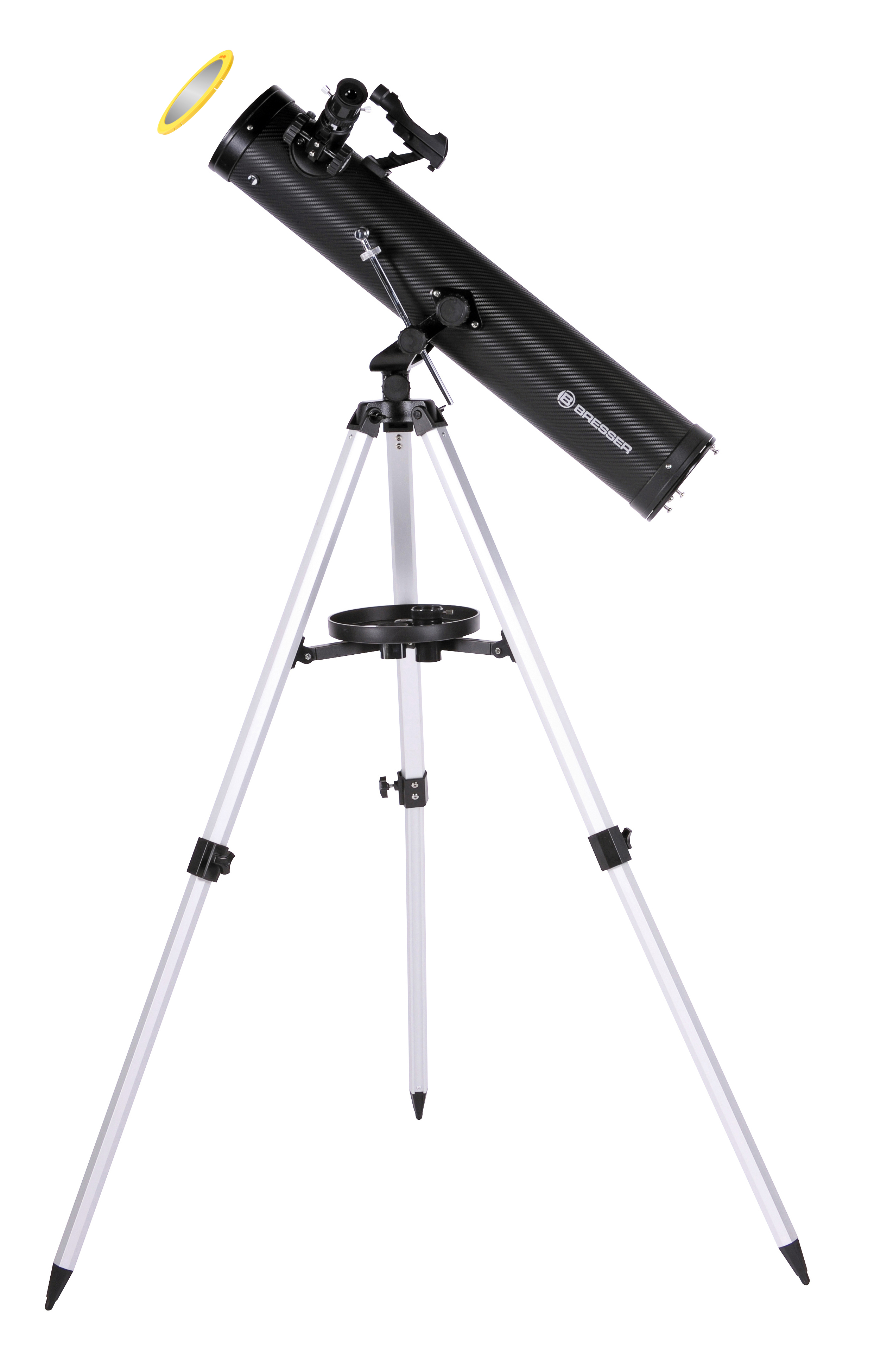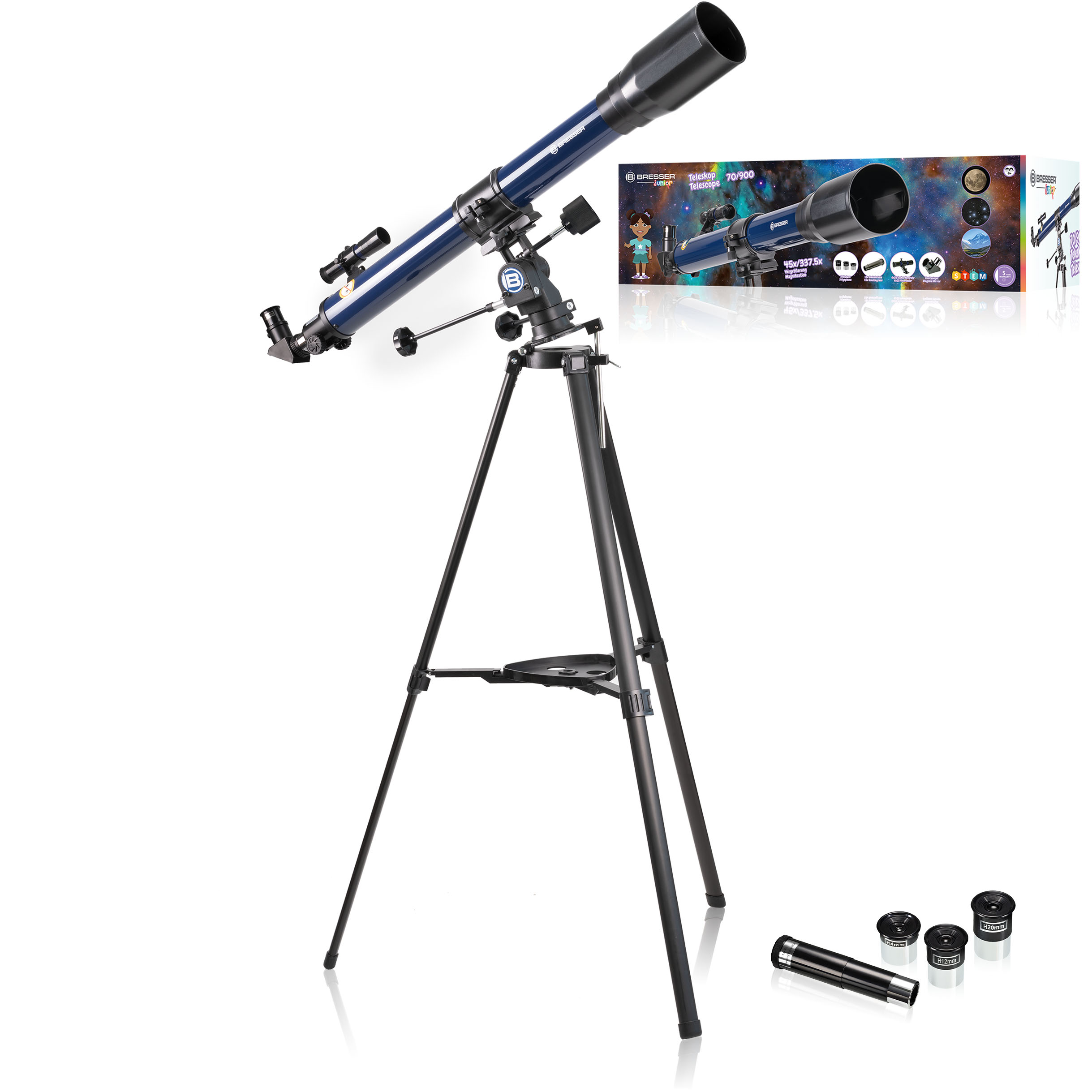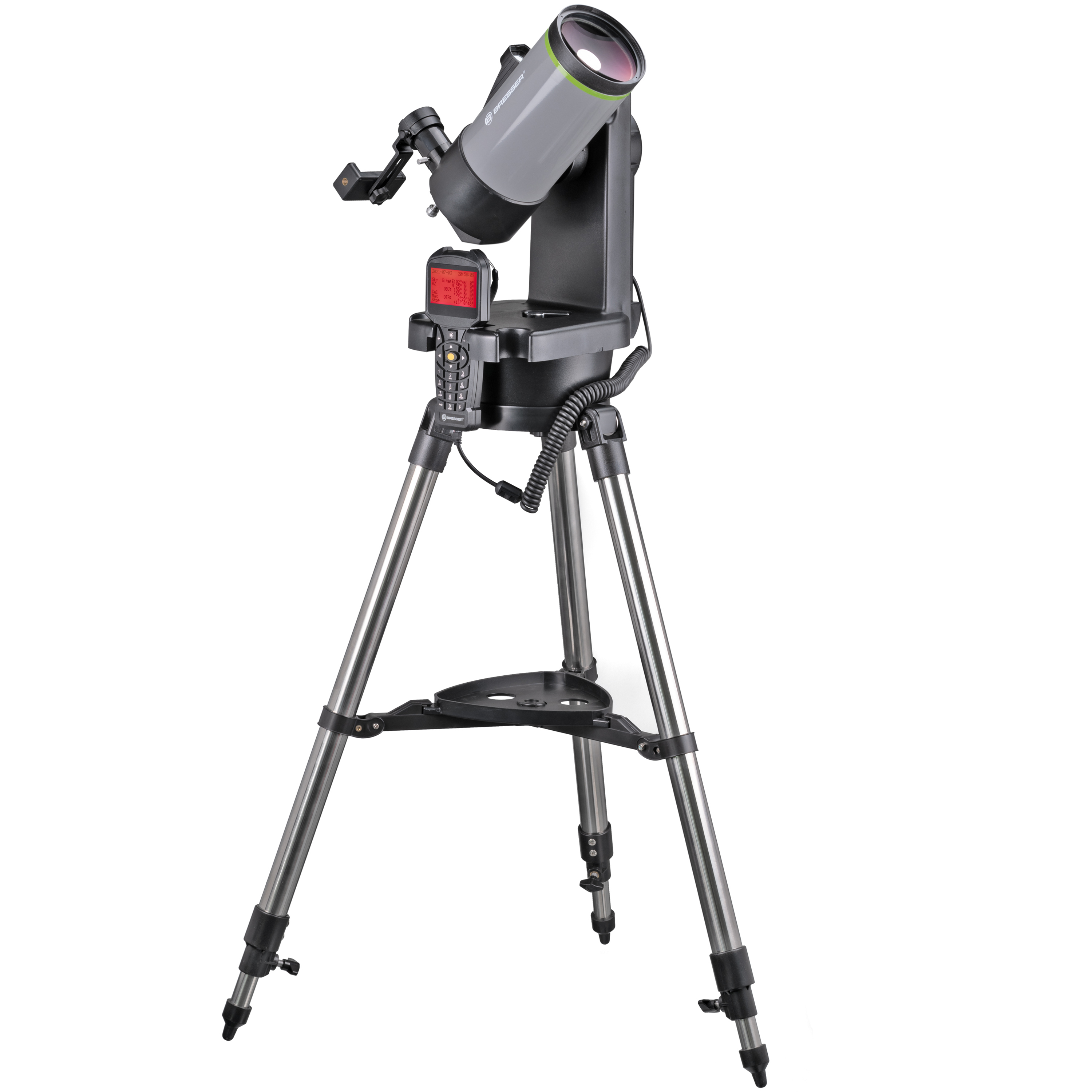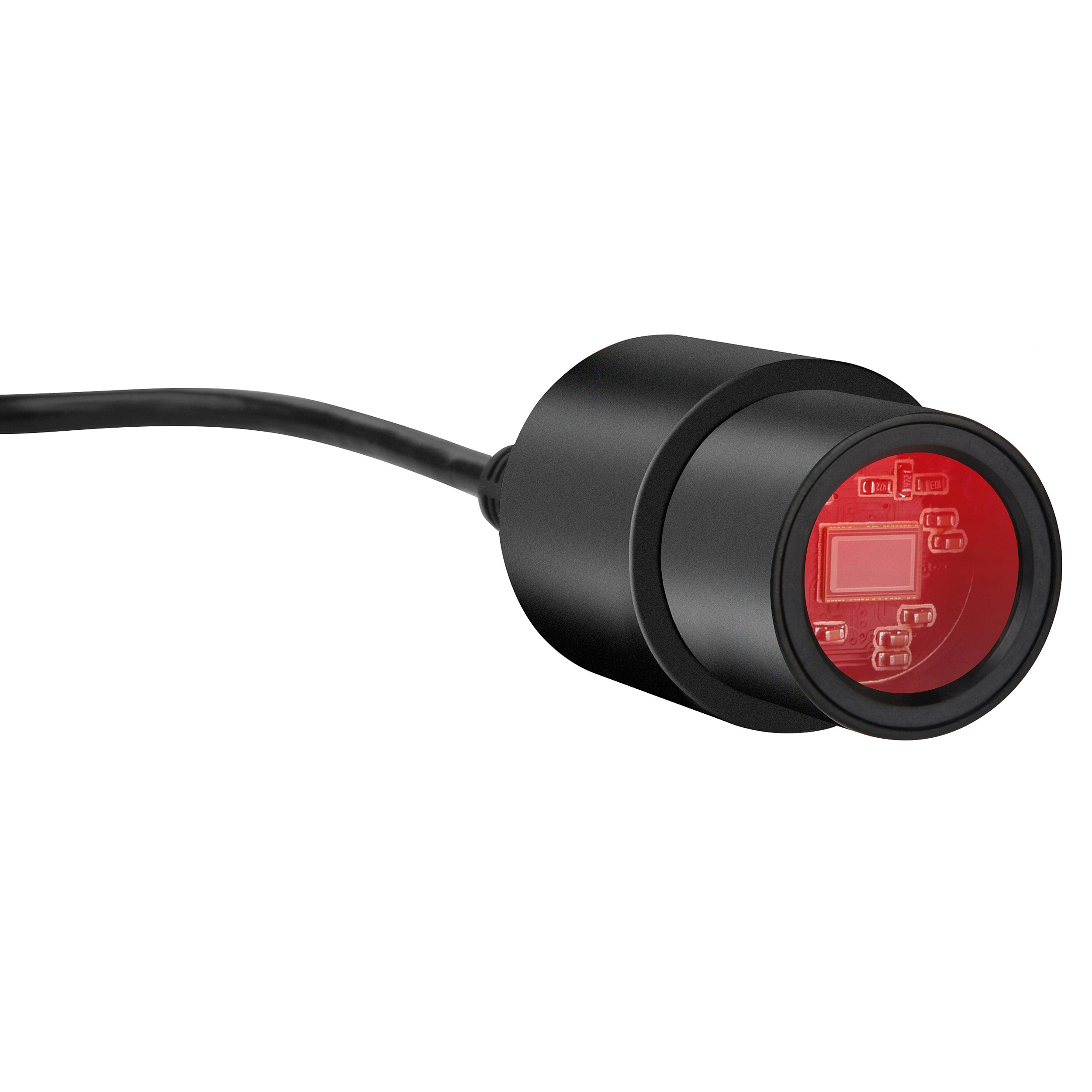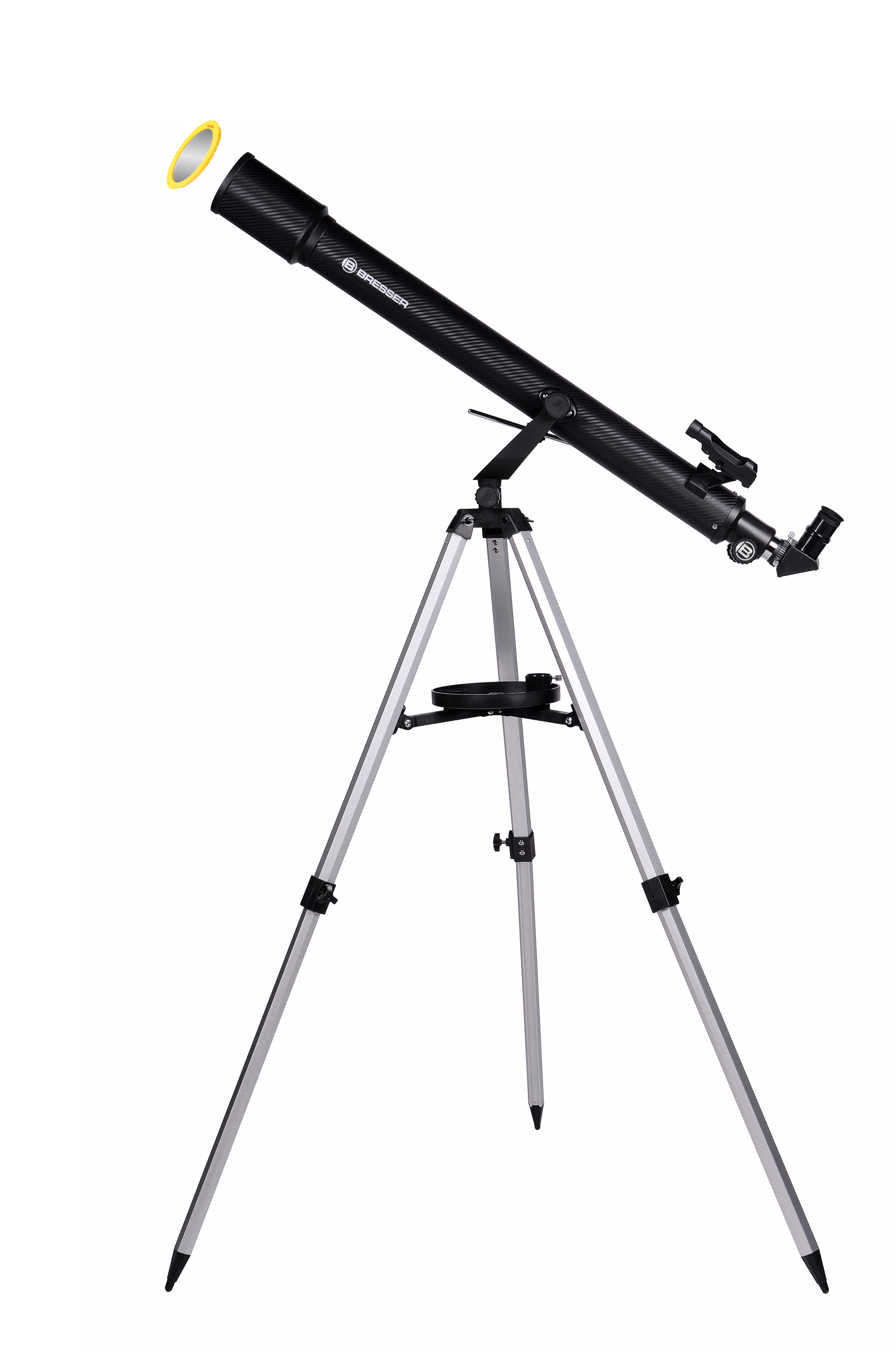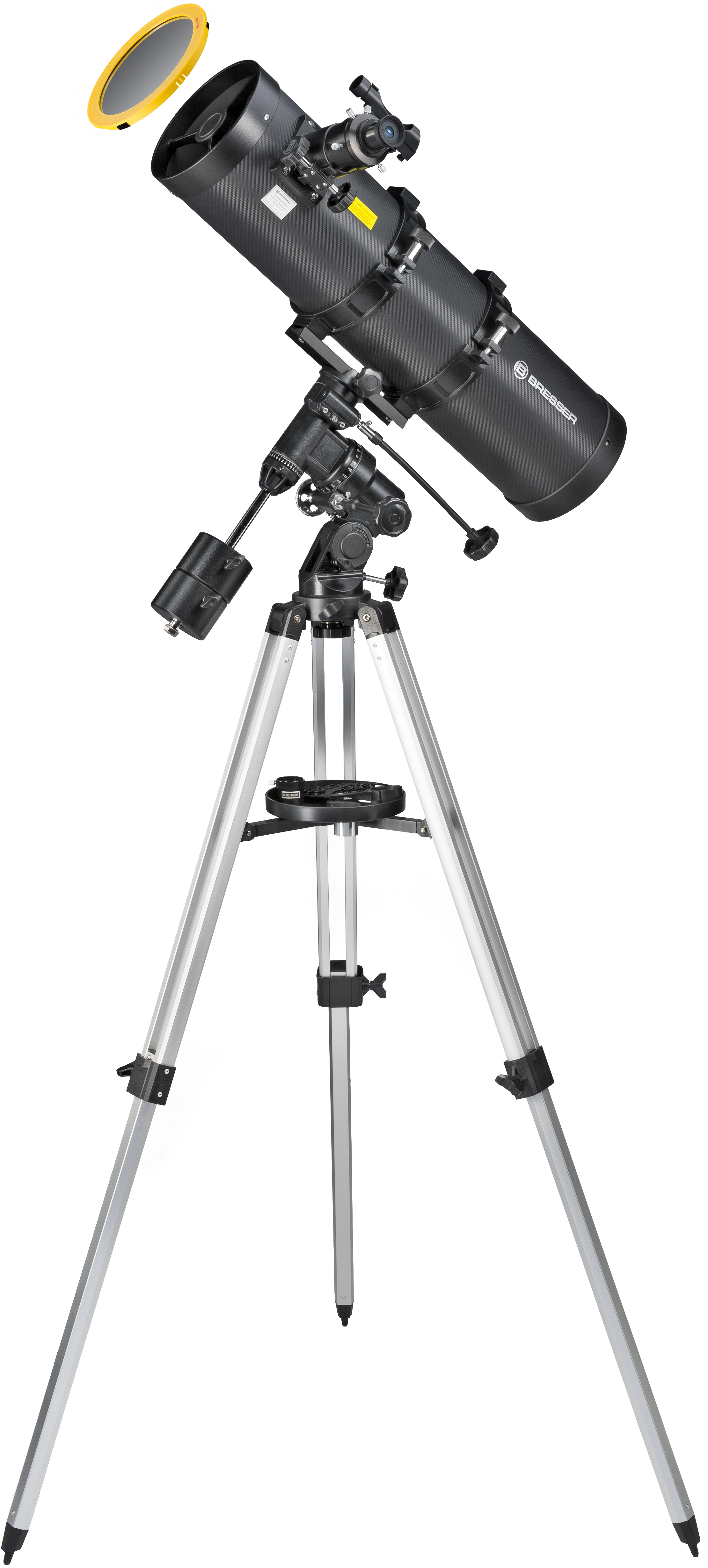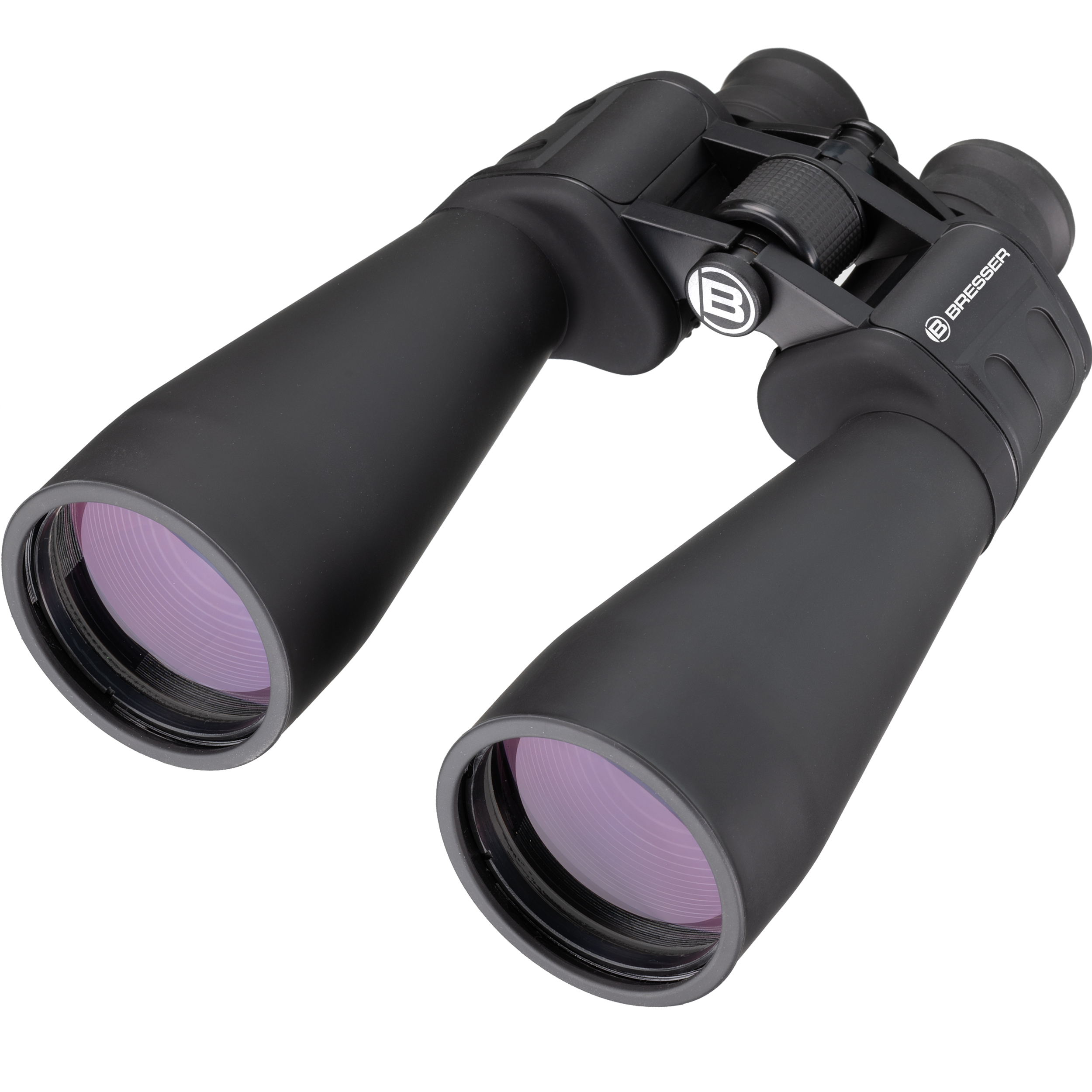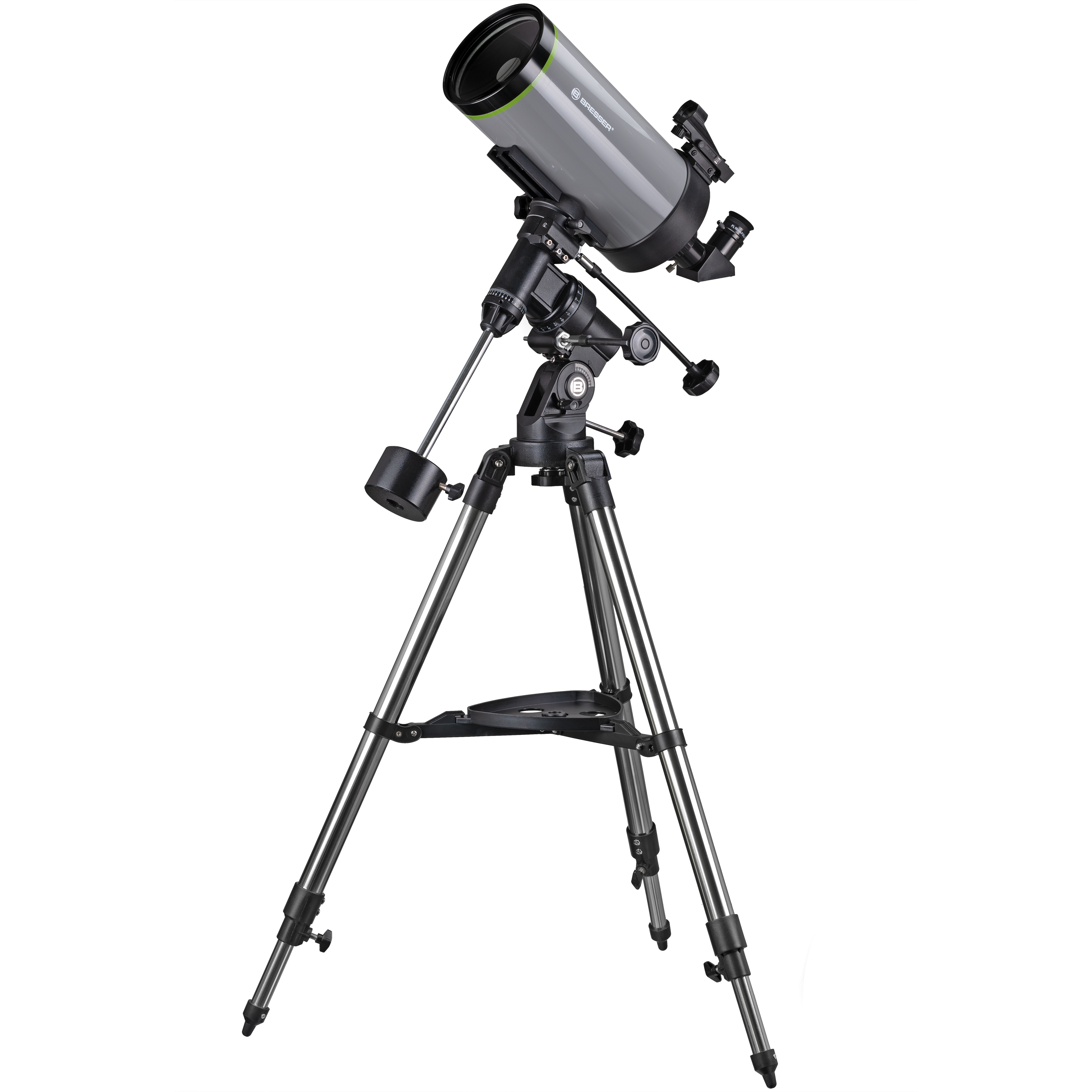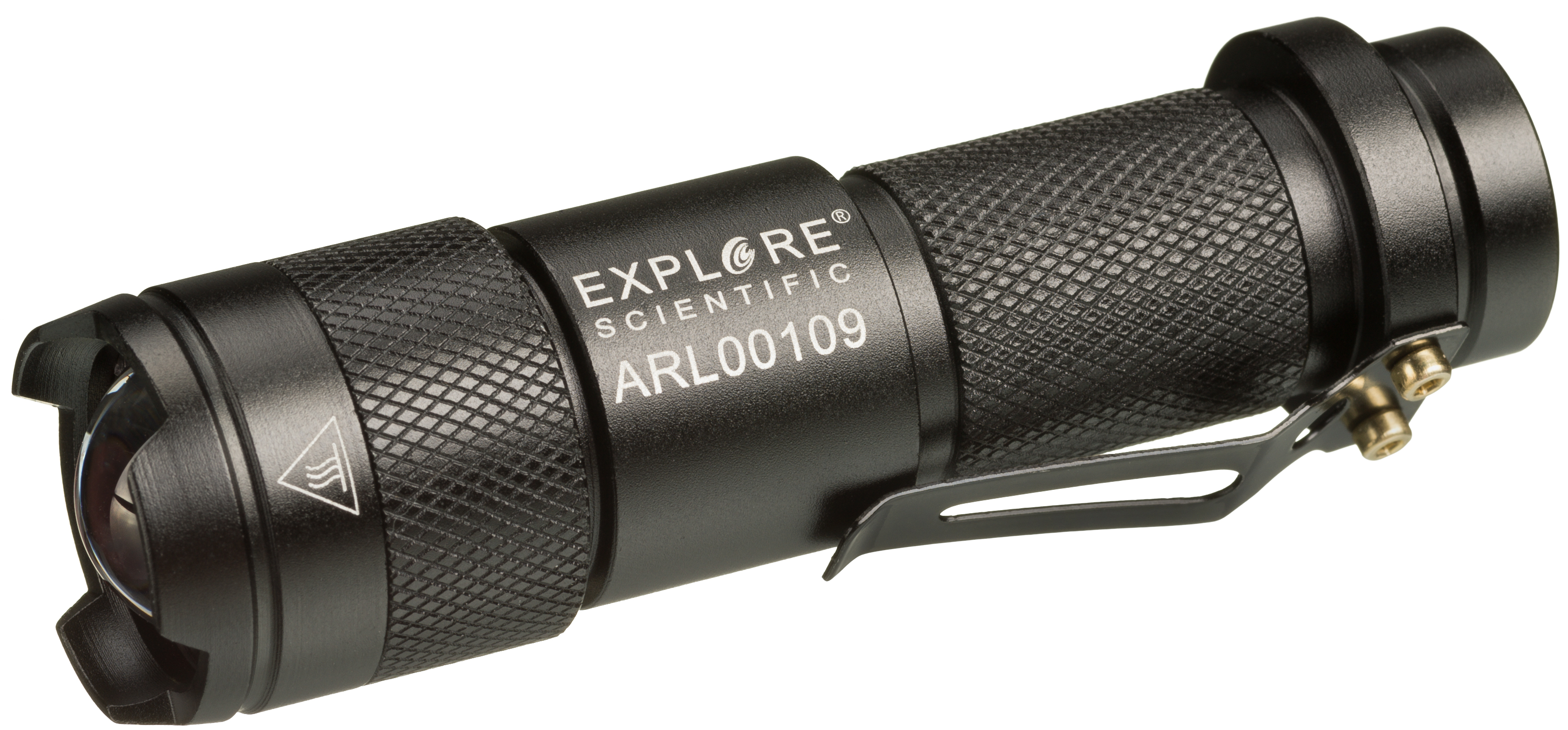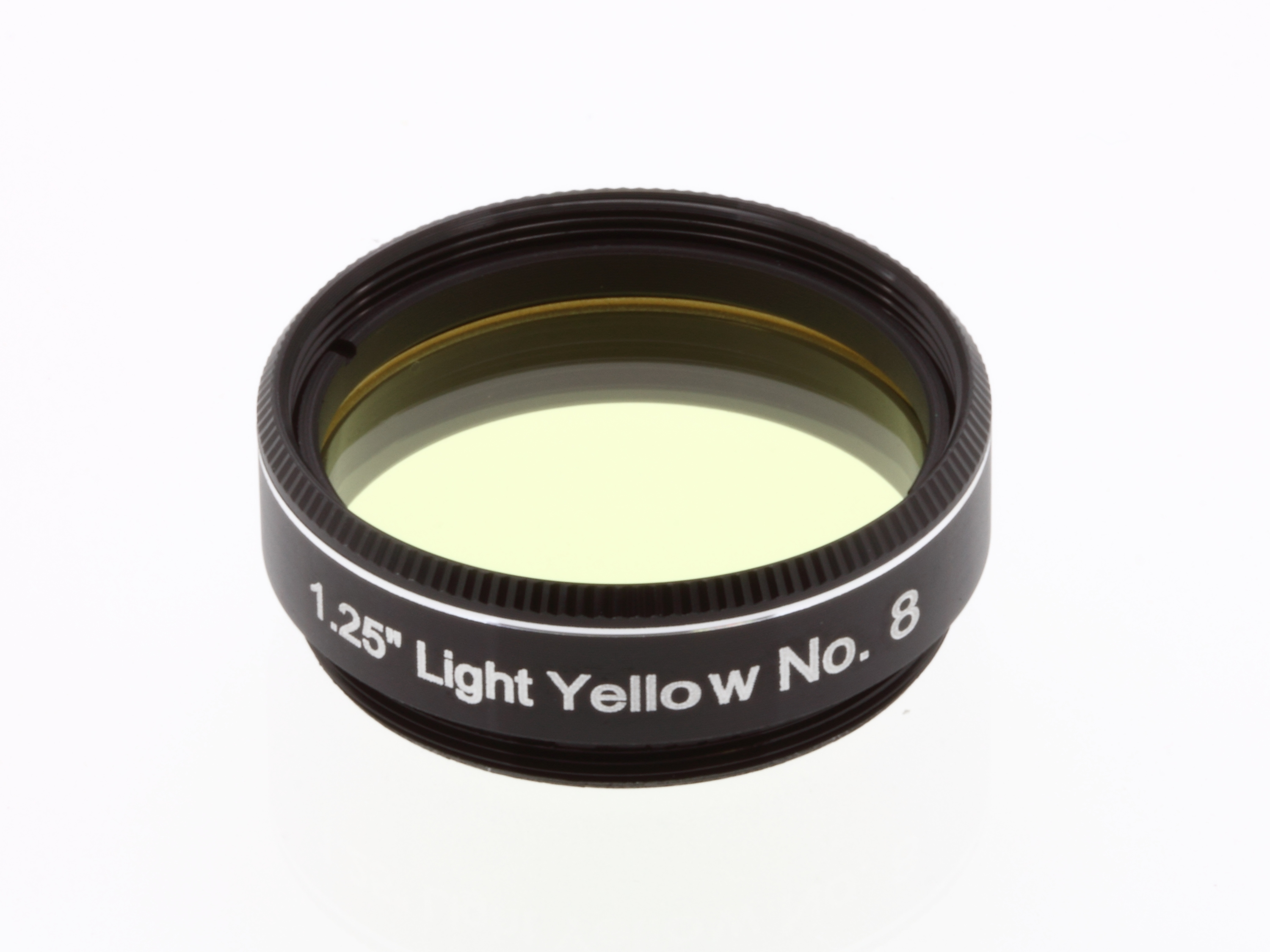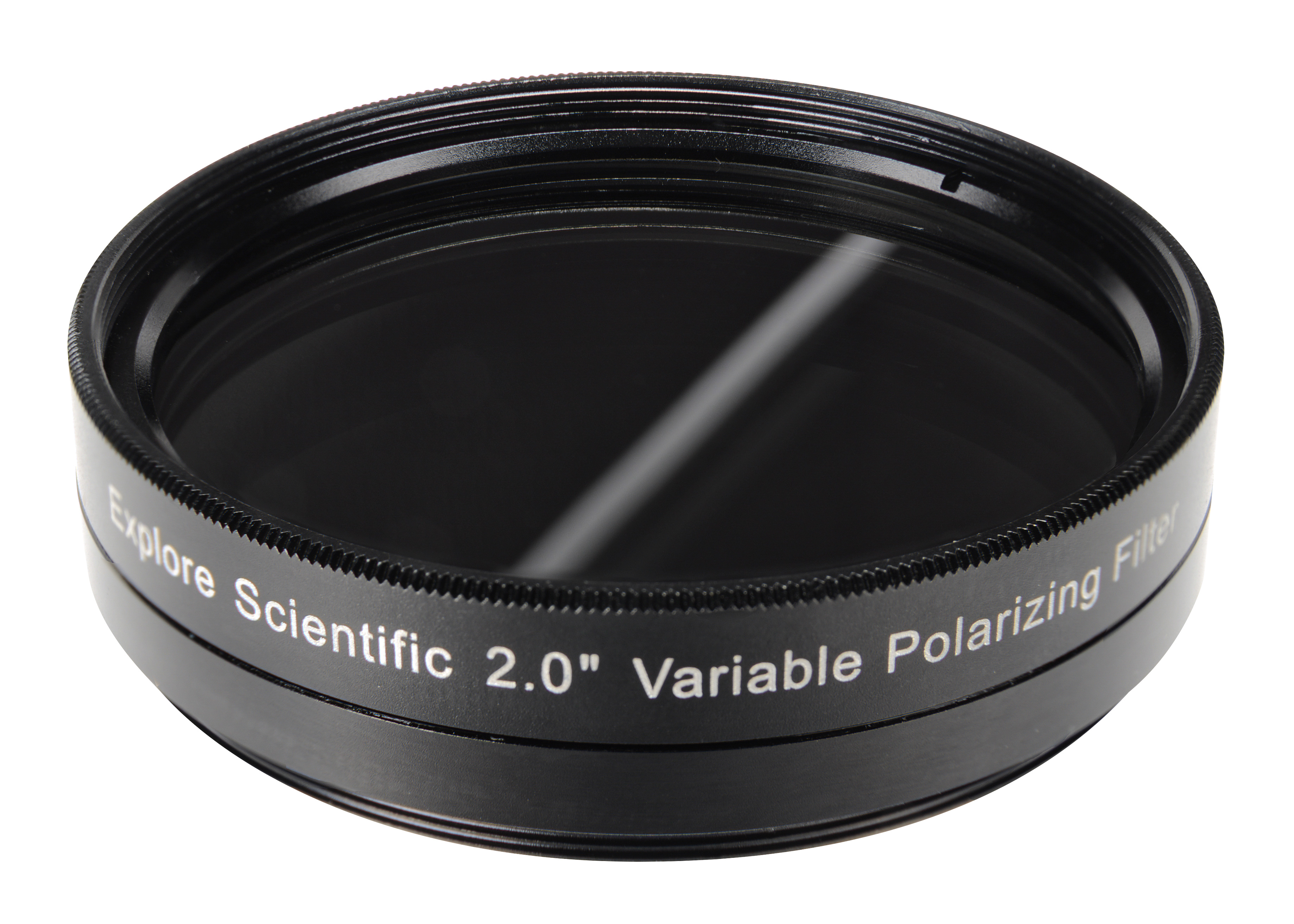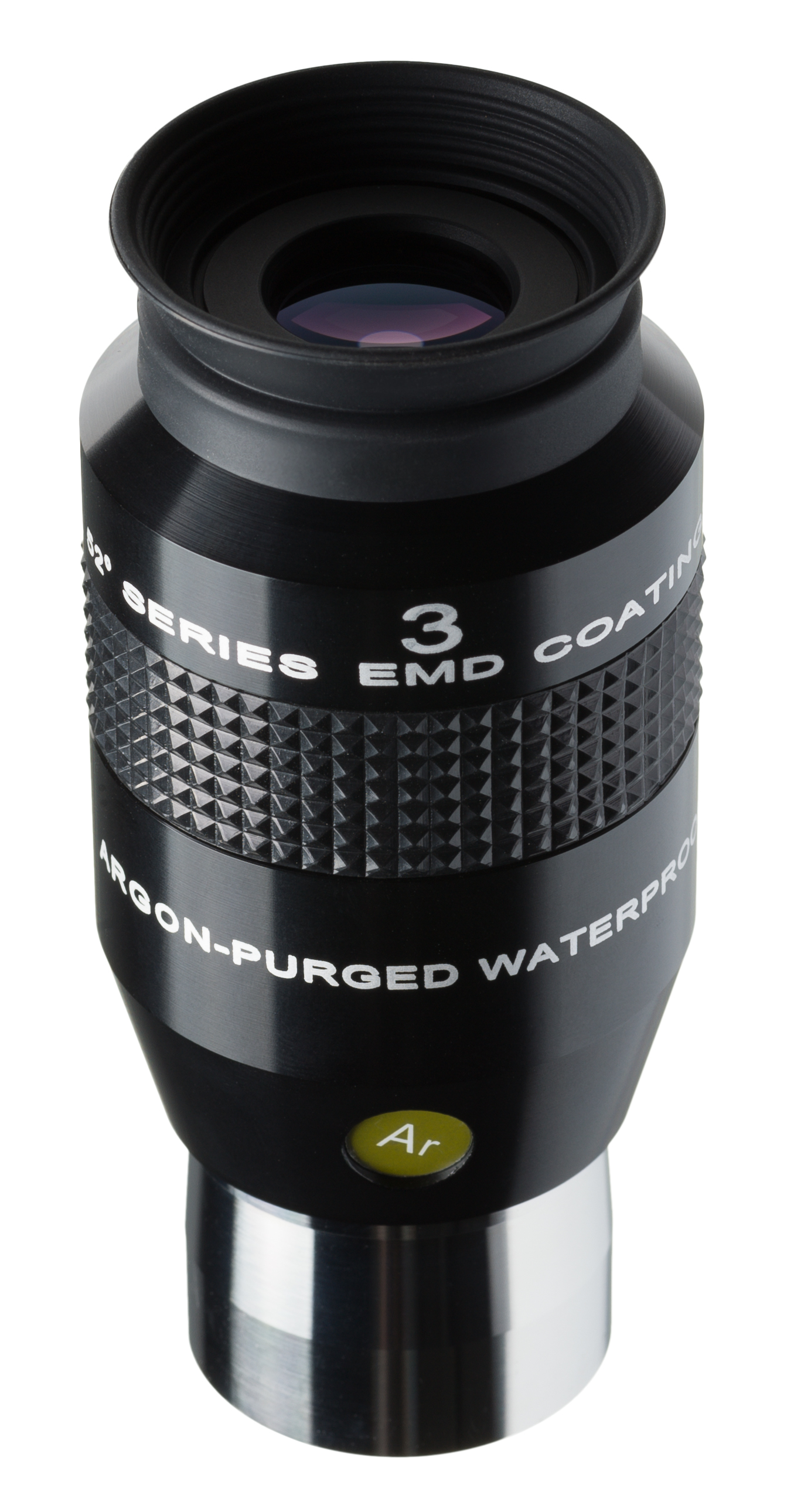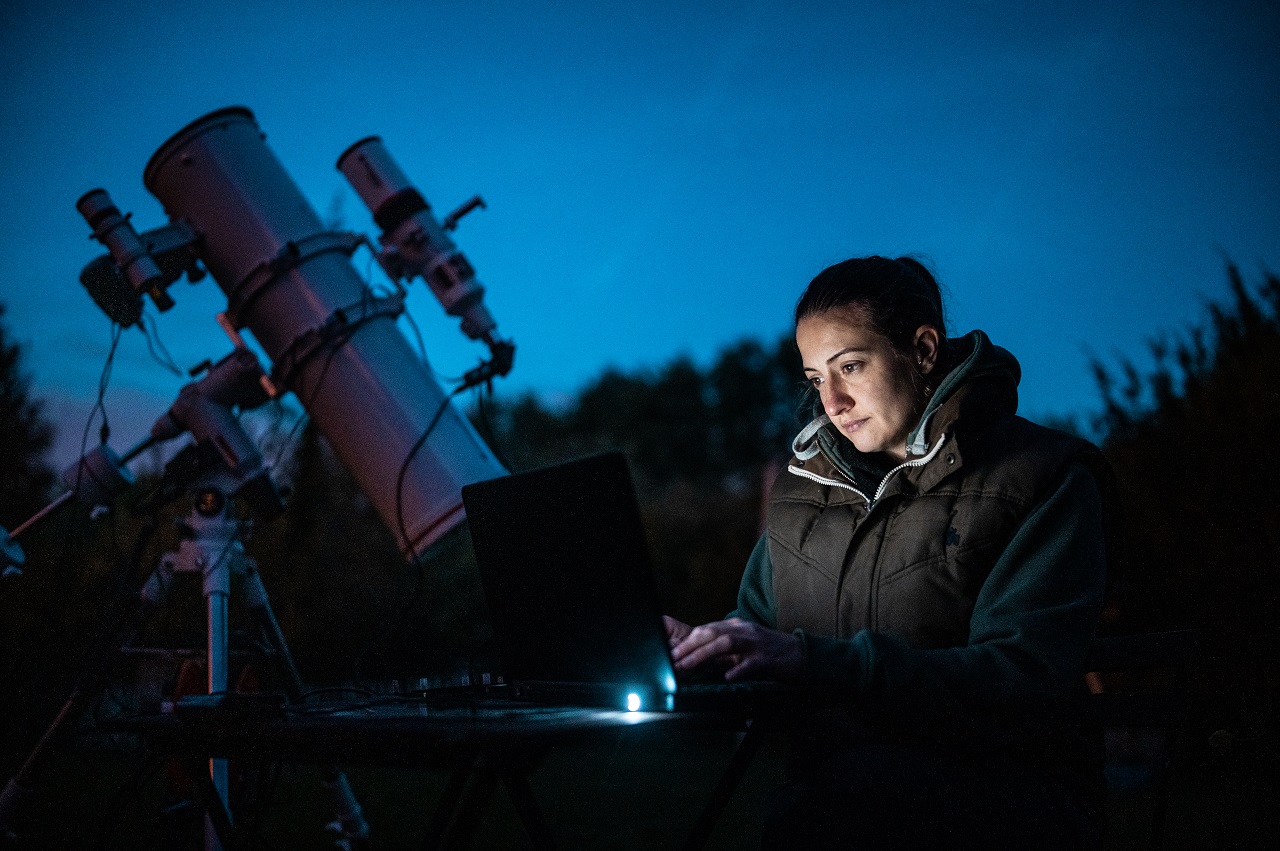
Embarking on Your Cosmic Journey with BRESSER Astronomy Equipment
As you gaze up at the night sky, an endless tapestry of cosmic wonders, our astronomy equipment will help you unravel the mysteries of the universe. Whether you are a beginner, an advanced amateur or a specialist, you will surely find the astronomical devices and accessories you need.
After all, BRESSER has been offering high quality optics since 1957. So, we know very well that the right telescope, binoculars and astronomy accessories are your keys to unlocking the celestial wonders. However, especially for beginners the choices can be overwhelming. That’s why we’ve answered the most frequently asked questions on this topic below.
What Makes a Good Telescope for Beginners?
If you have questions like this, we have some answers for you below.
Astronomy
What Do I Need to Start Astronomy?
Beginning your astronomy adventure can be as simple as stepping outside on a clear night and looking up. You can start exploring with the naked eye, marvelling at bright objects like planets, constellations, and the moon's phases. This initial, unaided observation can be incredibly rewarding and a great way to familiarize yourself with the basic layout of the night sky.
As your interest grows, moving on to observations with binoculars offers a more detailed view of the sky, bringing celestial objects like star clusters and craters on the moon into clearer focus. Eventually, a quality telescope becomes an invaluable tool in your astronomical journey, opening up a world of deep-sky objects, from distant galaxies to nebulae. Coupled with observation guides, star maps, and modern astronomy apps or software like Stellarium, these tools collectively provide a comprehensive and enriching entry into the world of astronomy.
What Makes a Good Telescope for Beginners?
Choosing the right telescope can be a gateway to the wonders of the universe. Here are a few aspects to consider for a beginner-friendly telescope:
- Ease of Use: Opt for a telescope with a straightforward setup and minimal maintenance. User-friendly features like a GoTo mount can help in automatically locating celestial objects.
- Aperture Size: A larger aperture allows for more light gathering, which means clearer and brighter images of distant stars and galaxies.
- Magnification: While important, high magnification should not compromise the clarity of the image. A balance between magnification and aperture size is key.
- Stability: A robust and stable mount is crucial. A shaky telescope can lead to a frustrating viewing experience.
What are the Advantages of Astronomical Binoculars?
Astronomy binoculars present several benefits. Many models stand out for their portability and ease of use, making them a convenient choice for spontaneous sky-watching sessions. Unlike telescopes, binoculars require no setup time and are usually lighter and easier to handle. This makes them perfect for wide-field viewing experiences, such as observing vast star clusters, sweeping over the Milky Way, or catching a glimpse of a passing comet. Their wide field of view provides a more natural way of viewing the sky, making it easier to navigate and understand the celestial sphere.
Additionally, binoculars are versatile and can be used for a range of daytime activities, including bird watching and scenic viewing, offering more value for your investment. They can also be more affordable than telescopes, making them an excellent entry-level option for those beginning their journey into astronomy.
What are Solar Telescopes?
Solar telescopes are a unique subset of astronomical equipment, specifically designed for safely observing the sun. BRESSER UK boasts a fantastic range of highly specialized telescopes by LUNT SOLAR SYSTEMS, perfect for solar astronomy enthusiasts. For beginners just starting out and trying their hand at solar observation, secure solar filters for their regular telescope are a less expensive alternative providing fascinating views of the sun. They are also easy to install on the aperture of the telescope.
Note: It is crucial to remember that observing the sun without a proper solar filter can lead to severe eye damage or blindness. Never look at the sun through a regular telescope or binoculars without a solar filter!
What are the Basic Astronomy Accessories?
To maximize your stargazing experience, consider equipping yourself with these basic accessories:
- Eyepieces: Having a range of eyepieces with different focal lengths allows you to switch between wide-field and detailed views.
- Barlow Lens: This astronomy accessory effectively e.g. doubles or triples the focal length of your telescope and thereby the magnification, providing more versatility in viewing options.
- Filters: These can enhance the visibility of planetary features and reduce glare from bright objects like the Moon.
- Finderscope: This aids in quickly locating and centering objects in your telescope.
- Equipment for astrophotography: For those interested in capturing the beauty of the night sky, items like camera adapters and specialized cameras are essential.
- Cases and bags for transport and storage: Protecting your astronomy equipment during travel and storage is crucial, making these accessories vital for maintaining your gear.
Begin Your Astronomical Adventure with BRESSER UK
Besides equipping experienced astronomers, BRESSER UK is dedicated to helping beginners find their footing in the fascinating world of astronomy. Our carefully selected range of telescopes, astronomy binoculars, solar telescopes, and accessories combines high quality, user-friendliness, and great value for your money to ensure an enriching stargazing experience. And if you want to share your hobby with your children, just take a look at our BRESSER JUNIOR astronomy range.
Are you ready to explore the cosmos? Browse our collection and take your first step into the universe today!

